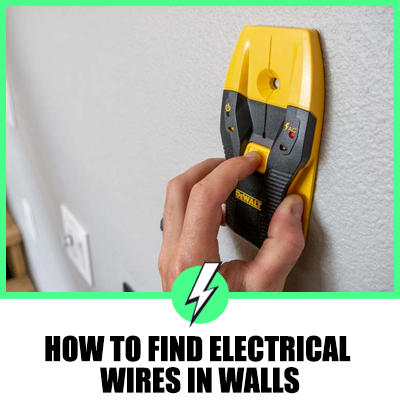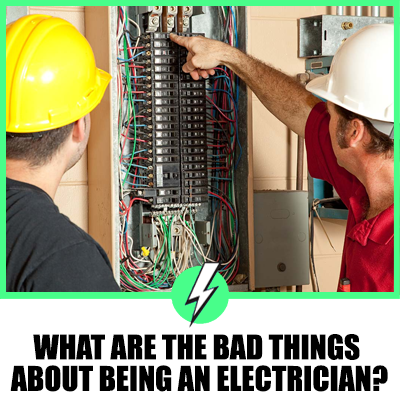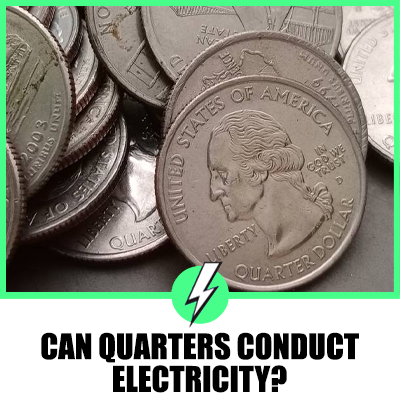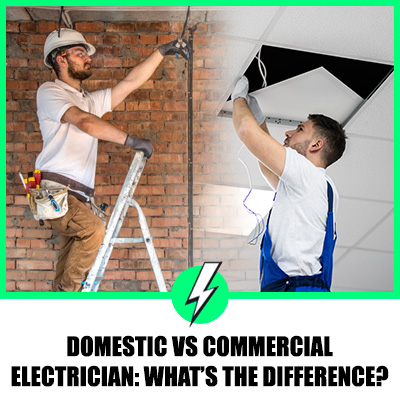Is It Good To Be A Self-Employed Electrician?
What are the pitfalls of becoming a self-employed electrician, and being self-employed is it all that it’s cracked up to be?
Electricians who work for themselves work odd hours because they work on-call to increase their earning potential. You’ll need to learn how to be a businessperson, not just a tradesperson. Electrical contractors who work for themselves often earn high salaries and enjoy a high standard of living.

Contents
Is being an electrician a good career?
It depends on your definition of a good career. If a good career for you is earning a good salary and the potential to become self-employed, it is a promising career.
If you want to work 9 to 5 and be home simultaneously every evening, it’s don’t always the case when being an electrician, so it might not be a promising career for you.
But by and large, the electrician is considered the highest-paid tradesperson and is always in demand, making the electrician’s job secure and financially rewarding.
For most people being an electrician is considered to be a good career.
Is being an electrician hard on your body?
It’s not any harder than any of the other trades, so if you are considering being a tradesperson, you will need to have a certain level of fitness and strength to do the job. Still, other than that, electricians do not consider it physically demanding.
However, if you think you can just use a screwdriver every day, you need to think again.
Electricians worked on their knees and crouched over a lot; they pulled cables through holes in wooden joists that sometimes needed considerable force to achieve the desired results.
The life of an electrician can be early starts and late finishes that all take a toll on the body over time.
Are electricians content with their work?
It’s hard to speak for every electrician in the land. You never know what’s going on in someone’s personal life that translates into their work-life, making them seem miserable and down with the job.
However, there are surveys to suggest that electricians are not happy in their work, and then there are studies that say electricians enjoy a high level of job satisfaction.
Most folks would agree that the finding of surveys and studies can be contradictory, and in the electrician’s case, there is no real evidence to say either way they are content or not content.
Is becoming self-employed as an electrician easy?
In terms of entering into a business, it’s relatively easy for an electrician to transition from being employed to becoming self-employed.
The main things needed are:
- Transportation to and from your customer, such as a van
- Tools of the trade
- Business cards
- Signage for the vehicle
- Logo ( can come later)
- Business bank account
- Inform HMRC
- Write a business plan
- Decide if you want to be a sole trader or a limited company
- Buy the required insurances such as public liability
- Find suitable suppliers who can offer a credit line
- Market for clients, estate agents and the like
- Build your brand
This is only part of the list required. It’s a good idea to speak with an accountant before you leap to becoming self-employed.
If you have a good credit score, you can lease a van for less than purchasing a vehicle keeping valuable cash in the bank until you are established.
Speak to your accountant about the pros and cons of vehicle leasing and decide if you want to own the asset and pay tax on it or have a rental showing on the books that is non-taxable.
Clearly, you will need tools of the trade, from the basics to test equipment.
You will need to consider how you will organise your paperwork, from quotes to invoicing. Many electricians opt to use software such as Tradify to deal with these issues.
Do you need a licence to be a self-employed electrician in the UK?
Once you have your NVQ level 3 Diploma, you are a qualified electrician, but you cant sign off on your own work.
AS a self-employed electrician, you will have two choices for certain jobs like part P. You can either pay the excessive charges to register notifiable work or call an accredited competent electrician to sign off your work.
This is where it gets difficult. Will you get an electrician to sign off your work for a reasonable fee?
Will the charges for notifiable work and the charges for signing off on your work make you uncompetitive?
It makes sense to become accredited as competent before you leap to become self-employed.
Is being a self-employed electrician profitable?
The ball is in your court to a large extent. If you want to undercut everyone as a strategy to become established, then three things will happen.
- You will not be popular with local electricians who you may need from time to time
- You will drive down market prices in your area
- Your profit margins will suffer
You will need to learn the market process, and once you know how to price a job correctly, you will be profitable.
Where do you make a profit as an electrician?
Mark up on components like cables, consumer units, switches, and sockets. But, your main profit will be from hours on the job.
You are selling your time and expertise to the customer, so you need to understand the correlation between the two elements.
Customers will be prepared to pay more for your service if you communicate well and give the customer confidence in your ability to do the job.
Finding continuous work
If you are a domestic installer, you will need to have a couple of landlords in your portfolio to keep you ticking over if you hit a dry spell.
The hourly rate will be lower for landlords depending on the number of properties they own, but you can consider this bread and butter work essential for your success as a self-employed electrician.





